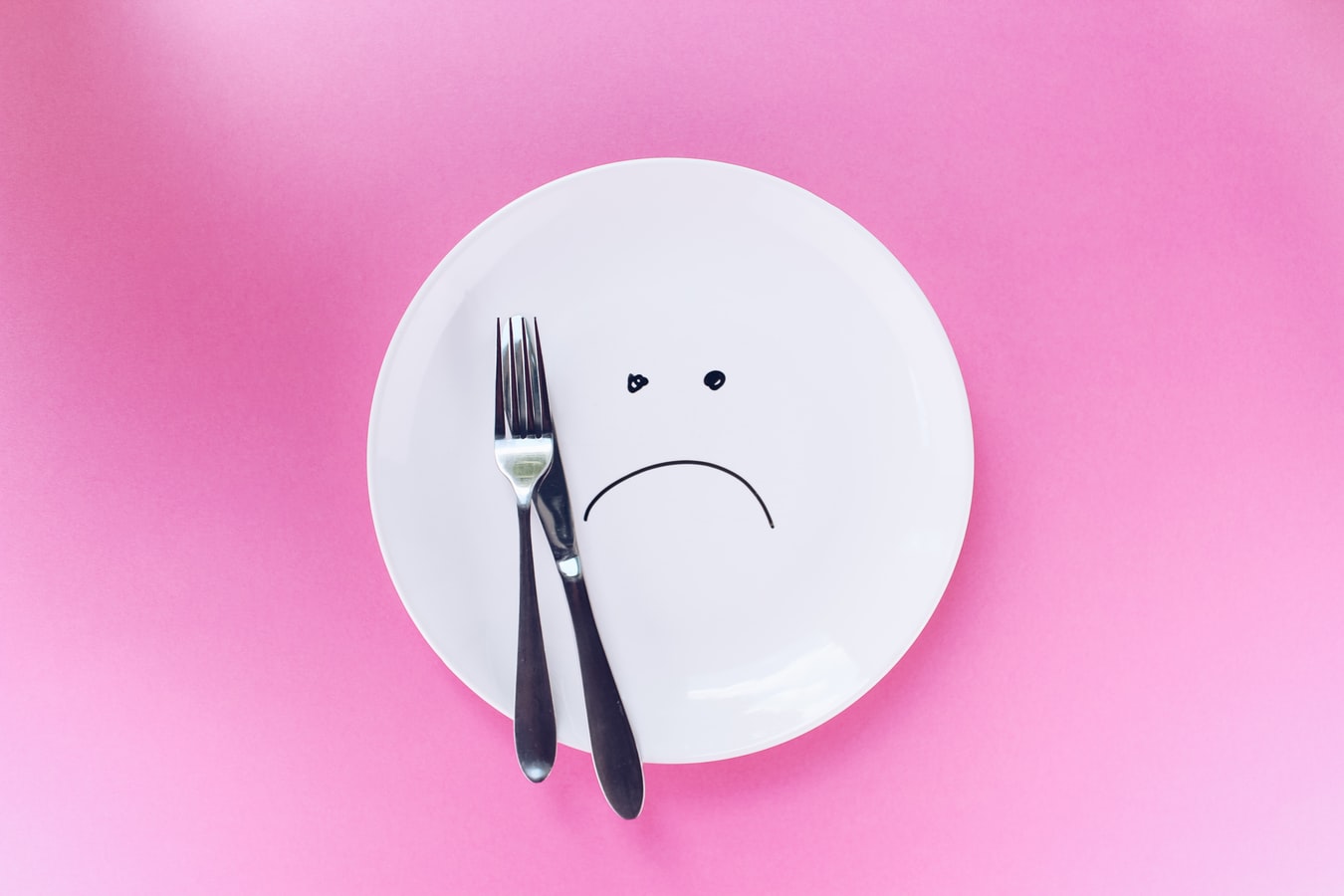
Religious Food Restriction and Eating Disorders
Religious Practice And Food Restriction
Most of the major monotheistic religions include some form of food restriction for certain holy periods such as Lent for Christians, Ramadan for Muslims, and Yom Kippur for Jewish people. For most people, this practice doesn’t have long-lasting consequences. For someone who is at risk of developing an eating disorder, however, these restrictive periods can push fully into disordered eating.
To treat eating disorders in people with religious consideration is a difficult and sensitive process. A culturally sensitive program for treating an eating disorder often includes an understanding of these and other factors:
The usual suspects of causing an eating disorder: trauma, social influence, distorted body image, family history of eating disorders
Attitudes within the religious community that may discount psychiatry and other mental health practices
Deeply held religious beliefs that create a sense of “failure” should a person (even someone with an eating disorder) not fulfill the requirements of restricted eating imposed by their faith
While resolving eating disorders in the general population requires intensive outpatient therapy and aftercare, conflicts can make continuous care more difficult – but not impossible. On one hand, people with religious backgrounds tend to have a strong support system in their family and their community, but religious beliefs can just as easily create strict value sets that might inhibit recovery. A religiously sensitive eating disorder treatment center will have a deep understanding of religious requirements and a plan to include these tenets into a modern treatment plan.

Eating Disorders And Islam
Because the fasting period of Ramadan is a month long and restricts eating from sunup to sundowner can present an “excuse” for people with both anorexia nervosa and binge eating disorder to engage in their disordered eating behaviors. In the former case, it is a chance to skip meals without drawing notice, and in the latter, an opportunity to binge eat with a built-in excuse.
Muslim eating disorder patients have food restrictions within the concept of halal. Since to be considered proper under halal rules, very specific guidelines are required, especially around the preparation of meats. This can make meal planning difficult in a treatment center that isn’t prepared for halal requirements. This can make restrictive eating worse because access to food that is acceptable can be difficult.
Maintaining halal eating practices and observance of Ramadan can increase the difficulty of providing complete care for eating disorders. It’s essential to match the client’s religious needs, however, as forcing them to reconstruct their eating patterns and their religious viewpoint simultaneously is a recipe for deep-seated pushback on the part of the client, working counter to the point of treatment. Therapy and treatment that provides solutions that integrate Islamic belief are therefore important.
Finally, the support of family and friends in an Islamic community must be considered. Following residential treatment for eating disorders, the family is often included in the client’s aftercare plan, and a successful program will integrate cultural and religious facets of their life.

Eating Disorders And Judaism
Although the rate of eating disorders does not seem to be higher in the general Jewish segment of society, the figures may be misleading due to underreporting in a culture that does not always value psychology and mental health treatment. Particularly within ultra-orthodox and orthodox Jewish communities, there are several apparent difficulties in diagnosing and providing treatment for disordered eating:
- Unwillingness to recognize mental health disorders in general as valid
- Forced fasting and dieting for matchmaking and arranged marriages
- A stress on “modest” clothing that can hide the body, which allows for a common ED symptom of wearing baggy, non-revealing clothing
Although the general Jewish population doesn’t seem to have a higher incidence of eating disorders, among ultra-orthodox Jewish people, it is roughly 1 in 19, which is far higher than the general population. This is often fueled by a deep-seated conception of how Jewish people “should look,” combining a stress on weight loss and modesty.
Combined with a reticence to engage in mental health treatment, this can make identifying and securing treatment for EDs particularly difficult. In Hasidic and other ultra-orthodox communities, people with eating disorders might only be seen when they are on the verge of a health crisis and often only to resolve that health crisis. Treatment centers sensitive to religious attitudes who treat observant Jewish clients must be aware of these attitudes and match their treatment plans accordingly. This means kosher options for food at the center, of course, but also considerations such as allowing for the Sabbath and balancing the religious needs of the client with their medical and psychiatric ones.




